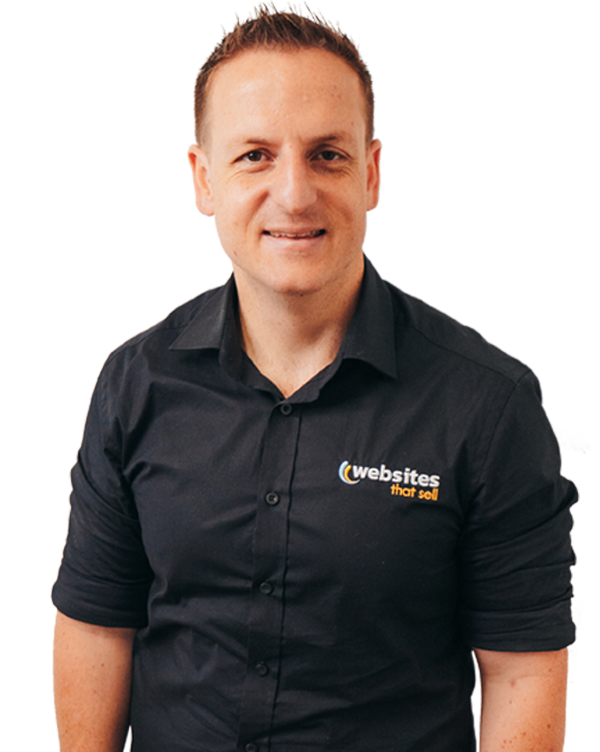
1. How To Optimise Your Website for Search Engines
Keywords
Focus your content according to the terms people are searching for.
How should you choose keywords?
- Relevance - Search engines will dock you for using keywords that have nothing to do with your content. What words does your audience use to search for your products or services? Start here. be hyper-focused on a specific subject on each web page.
- Search Volume - Use keyword research tools to find out how many people are searching for your keywords. Analyse alternatives and get suggestions for other ways to say the same thing.
- Competition - If everyone is using the same short keyword in a niche, you'll have to fight to be noticed. Consider using strong, more detailed keywords that don't have as much competition.
Where to put keywords:
- Title tags
- Meta descriptions
- Heading tags
- Content (and in the first 100 words)
Page Speed
Use Google's Page Speed Insights tool to find out how fast your site loads on multiple devices. You'll score lower in search rankings if you're slow.
Organised Content
Make your content straightforward to read and effortless to scan. Google wants useful information that's easy for users to find. Set up your website with clear navigation.
Shorter URLs
Shorter URLs rank better on Google.
Use Multimedia
It reduces bounce rates and enhances interaction ranking.
2. Become An Authority
Make Content Linkable
Don't hide your content in complex images or behind the login of a membership site. Create valuable content to which people want and can link. Think of each link that goes back to your website as a vote for your expertise.
Get Links On High-Traffic Sites
- Write guest posts for authority sites in your niche.
- Don't generate links to new content too quickly; this is a red flag for Google.
- Create great content that people want to share.
- Know the domain authority and relevancy of sites you want to link back to you.
- Use the skyscraper technique. (Find link-worthy content, improve on it and find people to link to it.)
Use Outbound Links
Google Learns what your page is about by analysing outbound links. Cite authoritative sites using outbound links in content, but don't let too many links distract from the main point.
Link Internally
Add two to three links to your other web pages on each URL.
Create Terms Of Service And Privacy Pages
These tell Google that you're trustworthy.
3. Be Patient And Consistent
Google needs time to find and index your content.
We get new enquiries every day about our SEO services from business owners & entrepreneurs all over Australia.
After just a few minutes on the phone, it's evident... these business owners want more traffic & sales by getting found on Google.
But when it comes to understanding how SEO works they have no idea.
And of course, they aren't to blame.
No one really is to blame - if you tried to understand EVERY element of how Google chooses to rank a website you'd probably want to pull your hair out from frustration.
And to add to that... you've got geeks & so-called "SEO Experts" trying to explain how it all works - but rather than explain things they start using technical terms - jargon - and BS to make themselves sound smart.
But all they're doing is confusing people.
That's why here at Websites That Sell, we like to keep things simple!
This brings me to an infographic we developed and are now releasing to the public.
The reason we decided to publish this infographic is that YES Search Engine Optimisation has a whole lot of technical factors to it.
But...
The real driving force behind a website ranking really only comes down to 2 key factors.
- Is the website relevant to your keyword?
- Do you have more links than your competition?
Yes of course there are more elements to each factor, and that is what the infographic will explain a little bit more - but the core driving force behind rankings really comes down to the above 2 factors.
So with that being said... I hope you enjoy the infographic we have created for you. I hope it explains exactly how SEO really works without all the tech stuff to confuse you.
Enjoy and if you got something out of this infographic please share it around with your friends 😉
- - -
WEBSITES THAT SELL OFFICE LOCATIONS
Websites That Sell provides SEO services to clients all across Australia. Their unique & proprietary International SEO system helps local, national & International clients get found on Google.

